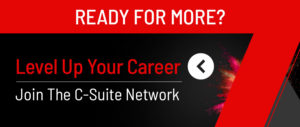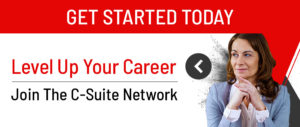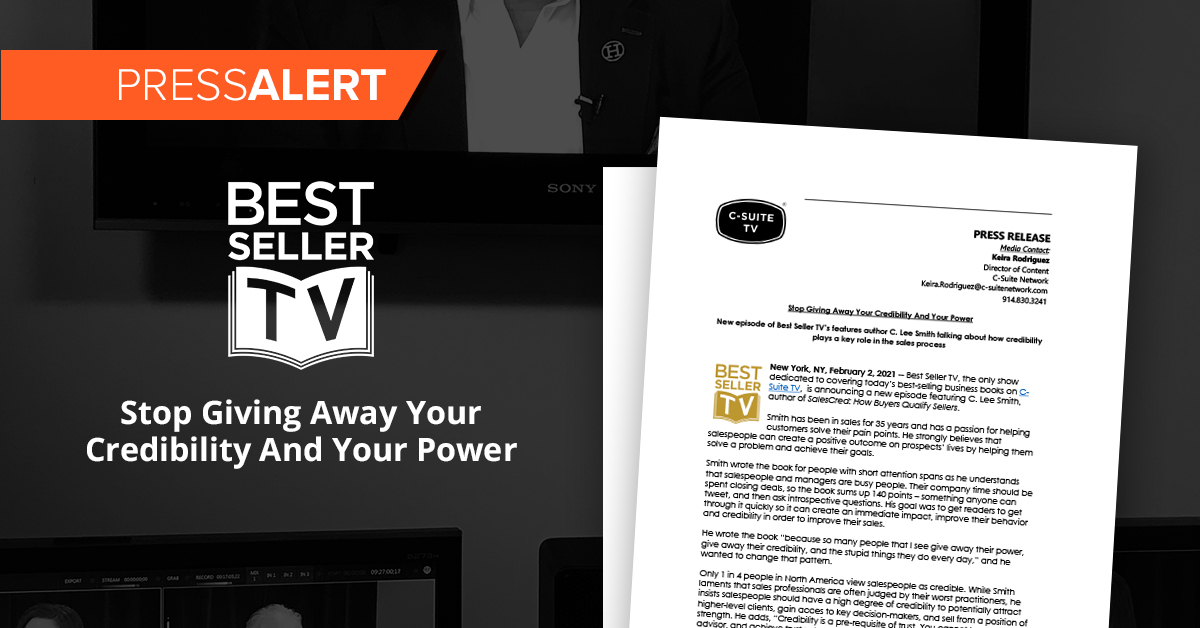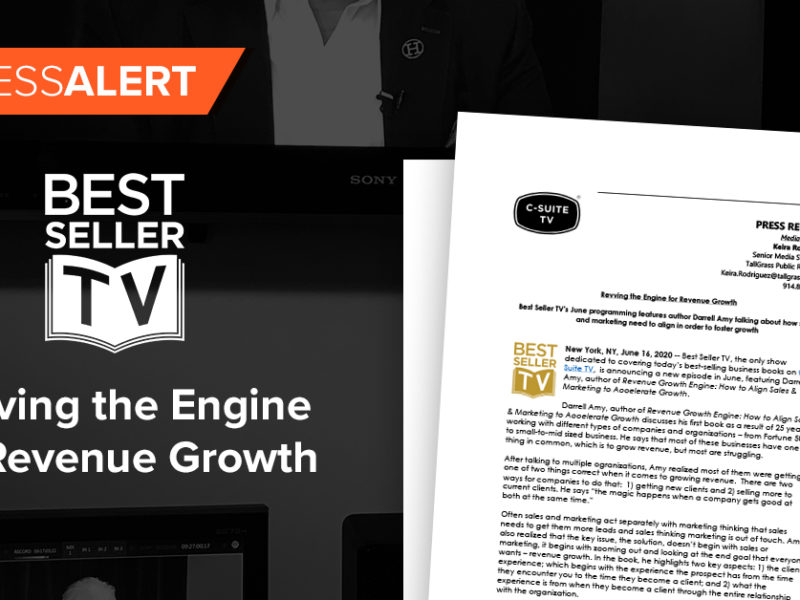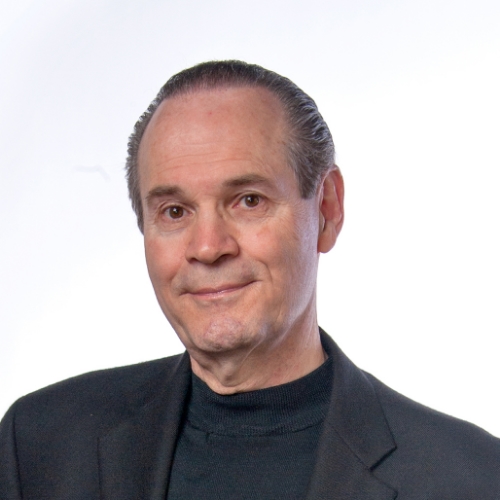
10 Sales Tips for Asking More Effective Questions
10 Sales Tips for Asking More Effective Questions https://csuiteold.c-suitenetwork.com/wp-content/uploads/2014/10/Tony_Alessandra-559410-edited.jpg 500 500 C-Suite Network https://csuiteold.c-suitenetwork.com/wp-content/uploads/2014/10/Tony_Alessandra-559410-edited.jpgBy: Dr. Tony Alessandra
“What is the #1 rule in sales? Ask more questions! Sometimes the most knowledgeable expert is the most likely to fall into the trap of talking too much. Remember to slow down and let your prospective client do most of the talking. Study after study tells us that the most effective sales tips a trainer or manager can reinforce involve asking a lot of questions. Hall-of-fame keynote speaker on the subjects of sales and customer service, Dr. Tony Alessandra, shares his top 10 sales tips for asking more effective questions…”
1) Ask permission.
In some situations, it’s understood that you’re there to gather information. In other situations, it’s appropriate to show respect by asking permission to ask questions.
Example question: “May I ask you some questions about your business?”
This may be a rhetorical question, but it’s worth asking anyway.
2) Start broad, and then get specific.
Broad, open-ended sales questions are a good way to start gathering information. They put your prospect at ease because they allow any type of response.
Example question: “Could you tell me about your business?”
This is a non-threatening way to begin. Listen to what your prospect says and what she omits. Both will suggest areas to explore in greater depth, such as, “Could you tell me more about how absenteeism impacts your bottom line?”
3) Build on previous responses.
Any good interviewer knows that the most logical source of questions comes from the interviewee’s responses. Dovetail your questions with the responses by listening for key words.
Example question roleplay:
[Prospect] “I own six flower shops that specialize in large event decorating.”
[Salesperson] “You specialize in large events. Why did you choose that niche?”
[Prospect] “Lower overhead. I can work out of a warehouse rather than a storefront. I don’t have to maintain perishable stock; I order in large quantities only when needed, which keeps my prices down.”
[Salesperson] “What do you mean by large events? How would you define that? What are the minimum orders?”
4) Use the prospect’s industry jargon, if appropriate.
If you’re talking to an expert, show your expertise by sounding as if you’ve spent your whole life in his industry. If you’re talking to a neophyte, don’t embarrass him with your technical jargon. This is especially true in retail sales in which customers look to salespeople for guidance, not confusion.
Every field has its own jargon, and you may be an expert in yours; however, your prospect may not be as well versed as you. Avoid questions that will confuse your prospect or worse, make him feel inferior.
Example question not to ask: “Was the baud rate of your present system satisfactory?”
Example question to ask: “Were your telephone transmissions of data fast enough?”
5) Keep questions simple.
If you want useful answers, ask useful questions. Convoluted or two-part questions should be avoided. Ask straightforward questions that cover one topic at a time. It’s best to ask for one answer at a time.
Example question not to ask: “What do you think about the marketing plan and will the new ad campaign confuse customers and would that confusion actually be beneficial to the long-term product growth?”
This will not produce a meaningful answer. If you ask a two-part question, people tend to either answer the second part only or only the part they were interested in or felt safe with. One question at a time!
6) Use a logical sequence for your questions.
Prospects like to know where your questions are headed. If they can’t tell, they may suspect you’re manipulating them. By following keywords and asking sales questions in a logical order, you will keep your intent clear and build trust.
7) Keep questions non-threatening.
Start off safe, general, and non-threatening. That means asking open-ended questions that don’t touch on sensitive subjects. Later, after you have built up trust — and when it is appropriate — you can ask about financial ability, business stability, credit rating … anything relevant.
Example questions: Here’s a post that highlights seven questions one sales rep uses to ask more intense questions in a light and friendly manner.
8) If a question is sensitive, explain its relevance.
It makes sense to justify a sensitive question to your prospect. After all, she has a right to know why you are asking.
Example questions: Here’s a post on how to ask sensitive sales questions without upsetting your prospects.
9) Focus on desired benefits.
Many prospects will not know all the benefits of your product or service. Therefore, don’t ask them what benefits they are looking for; tell them what benefits will be theirs! When you ask them what they want, have them generalize about the improvements they would like to see.
10) Maintain a consultative attitude.
Remember, you’re a liaison between your company and your customers; you are a consultant. As such, you want to question your prospect in a way that will yield the maximum amount of information with the least effort. To do so, take the pressure off the questions. Ask them in a relaxed tone of voice. Give time for the answers, even if it means sitting quietly and waiting. Don’t be in a hurry to get to your next appointment. The investment you make in time now will pay off handsomely when the prospect evolves into an annuity.
Dr. Tony Alessandra has a street-wise, college-smart perspective on business, having been raised in the housing projects of NYC to eventually realizing success as a graduate professor of marketing, internet entrepreneur, business author, and hall-of-fame keynote speaker. He earned a BBA from Notre Dame, a MBA from the Univ. of Connecticut and his PhD in marketing from Georgia State University (1976).
Known as “Dr. Tony” he’s authored 30+ books and 100+ audio/video programs. He was inducted into the NSA Speakers Hall of Fame (1985) and Top Sales World’s Hall of Fame(2010). Meetings & Conventions Magazine has called him “one of America’s most electrifying speakers”.
Dr. Tony is also the Founder/CVO of Assessments 24×7. Assessments 24×7 is a global leader of online DISC assessments, delivered from easy-to-use online accounts popular with business coaches and Fortune 500 trainers around the world. Interested in learning more about these customized assessment accounts? Please CONTACT US.

